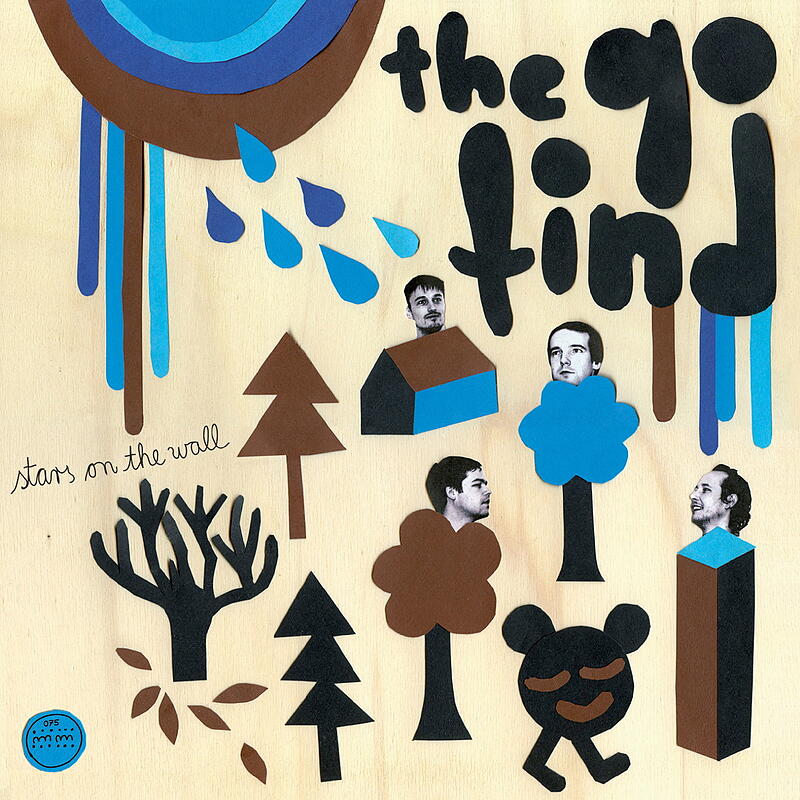Picture this: A warm early summer night. A golden ocean. A magnificent view. In the background, a record of modern pop songs is playing, nonchalant and elegant in equal measures, with touches of rock, dance and singer-songwriter introspection. Often, the tracks have an air of Fleetwood Mac's smooth chic, which they so unforgettably displayed on their classic »Rumours« album. Other songs bask in the naked, comfortable warmth of just a guitar, a voice and a microphone. Chords will tumble out of a well-traveled Hammond organ, 25-year-old analog synths will buzz and purr in the distance, and yet none of these songs sounds retro, not even for a split-second.
When Dieter Sermeus set out to write a follow-up for his 2004 The Go-Find debut »Miami«, he felt he wanted to move away from solitary song-writing and recording, and involved his live band from a very early stage. Together, they crafted a collection of »good-sounding danceable pop tunes« in a studio in his Antwerp hometown, which provided a warm and friendly environment, full of ancient keyboards and rare Moogs. The crisp electronic sounds which adorned most of the »Miami« tracks have all but disappeared: the new songs sound softer and often more sparse than the ones on »Miami«, with bass and drums painting twinkling constellations onto the night sky. With their precisely-placed rhytms and transparent sound, they feel instantly familiar but upon repeated listening, a wealth of exquisite details and infectious melodies is gradually revealed.
There's aged synthie-transistors opening the album; or »Dictionary«, which starts agreeably reserved, with dry drums and a pithy bass, until more ingredients are carefully added: handclaps, hook-lines, precise delays – neon light. In »Downtown« however, moonshine softly lights up acoustic guitars and an amiable voice that tells of how memories fade away. In the end, this is a record about looking back at the past, and searching for clues about how to approach the future.
